Geoscience Careers
Let's Rock
Travel, discover and improve while enjoying an in-demand career.
Travel the world and conduct research right here in Wisconsin to New Zealand to Saudi Arabia to China. Make important discoveries and provide data to better inform decisions surrounding the environment. Plus, you’ll get the added benefit of an in-demand career in fields such as environmental consulting, oil and gas exploration, water resource management and climate change analysis. The demand in Wisconsin especially is increasing, with a 29% job market rate projected for geoscientists in Wisconsin through 2030.
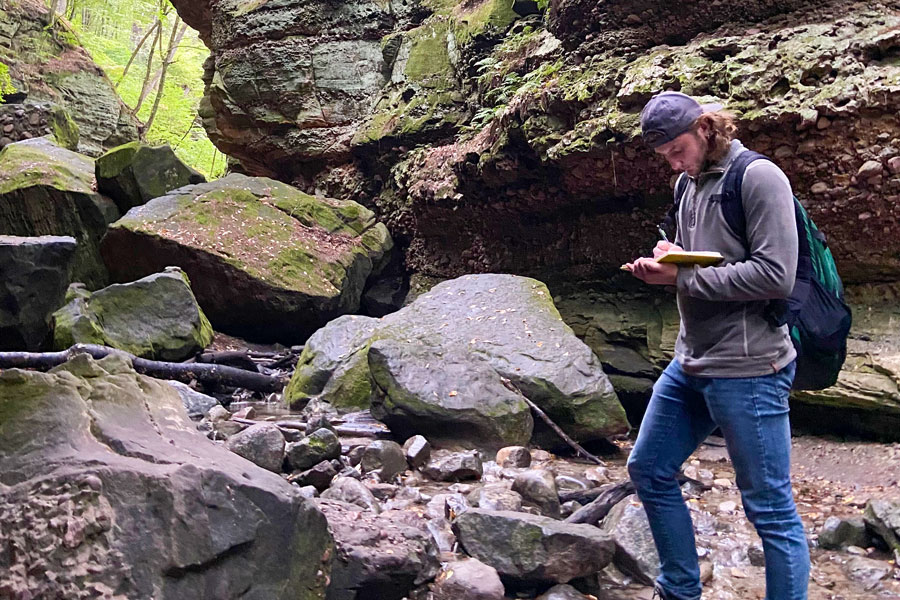
Local Demand
Since 2014, 84% of our graduates stayed in Wisconsin, representing the demand for experts in geoscience in our state, UW-Green Bay First Destinations Survey.
$74,380
$74,380 median salary for geoscientists in Wisconsin, U.S. Bureau of Labor Statistics, 2023.
Important Impact
It's not just about money—it’s also about the positive change you can shape by providing knowledge for more informed decisions.
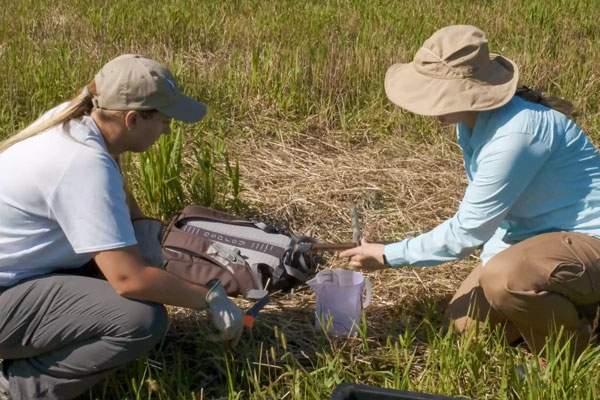
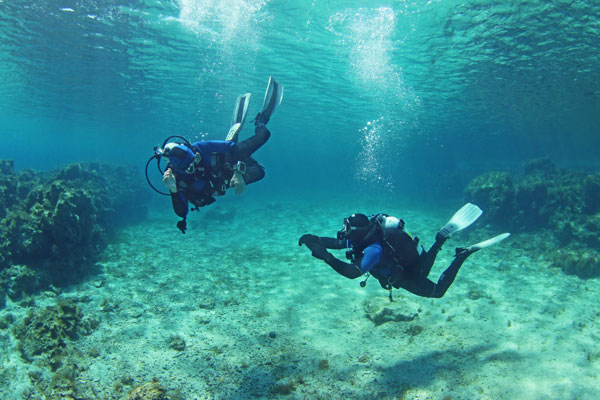
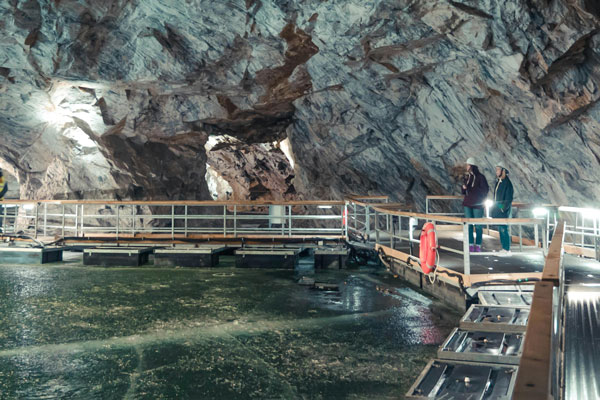
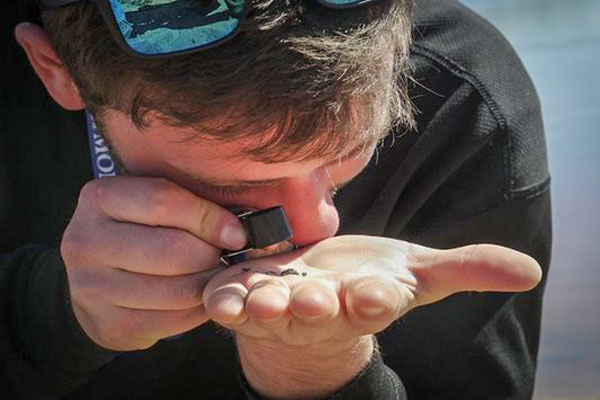
Career Options
Carve out a great career in geoscience.
Find your career in a variety of positions in government agencies, consulting and engineering firms, petroleum and natural gas companies, mining companies, education and private industry. Career titles include:
- Geochemist
- Oceanographer
- Hydrogeologist
- Geoscientist
- Sedimentologist
- Engineering Geologist
- Soil Scientist
- Marine Geologist
- Volcanologist
Career Credentials
The credentials below are the cherries on top of your degree sundae to stand out to employers give your skills more credibility.
- OSHA HAZWOPER Certification: trains you to engage in hazardous waste operations and respond to emergencies related to hazardous waster spills.
- Licensed Professional Geologist: become licensed to improve your ability to protect your community and our environment.
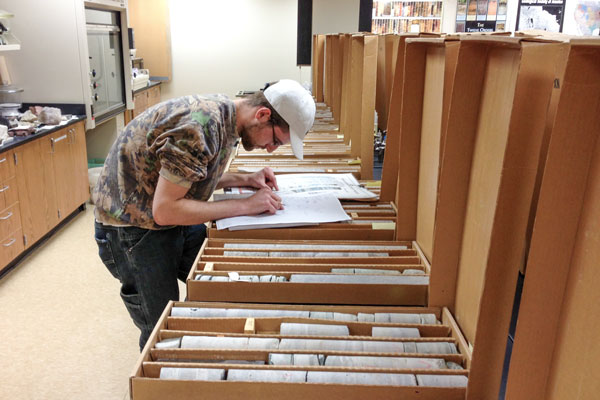
Advance Your Education...
To advance your career. By going to graduate school, you can specialize in a field, travel more, potentially earn a larger salary and boost your career prospects. Whether you choose to continue your education here at UW-Green Bay, or you want to explore your options, we're here to help.
Learning Outcomes
By completing all assignments, spending a minimum of 3 hours’ work (in and out of class) per credit per week and collaborating with professors if problems arise, you will:
- Develop a knowledge base in the principles of physical and historical geology with special emphasis on the unifying theory of plate tectonics and the linkage between geological processes and global biogeochemical cycles.
- Apply the scientific method to investigations of geological processes, Earth systems and interactions among the various physical and biological realms utilizing standard scientific field and laboratory methods.
- Apply their knowledge base and research skills to current Earth‑system-based issues such as mining and management of Earth resources with emphasis on related economic, social and public policy dimensions.
- Analyze, interpret and report on laboratory and field findings using appropriate statistical techniques and computer applications.
- Demonstrate knowledge in theories of the structure, origin and evolution of the universe and solar system.
Concepts
Understand a variety of concepts, including:
- Geologic time and major events in the evolution of Earth and its plant and animal life.
- Various landscape‑forming processes that act on the Earth's surface (agents of weathering and erosion) and those that act from the planet's interior (mountain building, volcanism, earthquakes).
- How knowledge of Earth system science aids in land‑use decisions and mitigation of natural hazards such as flooding, earthquakes and landslides.
- The functioning of hydrologic systems and the challenge of maintaining surface and ground water quality.
- The Genesis of Earth resources including fossil fuels, metals and non‑metallic minerals and in the way they will appreciate their finite nature.
- Fundamental processes of the atmosphere, the resulting weather and climate and the effects of the atmosphere on other aspects of the Earth's environments and on humans.

Ask an Expert
One of Professor Shawn Malone's research interests include Zircon petrochronology of the Penokean orogeny; in other words, he studies the ancient mountain belt in Wisconsin. He can also help you explore your career options.